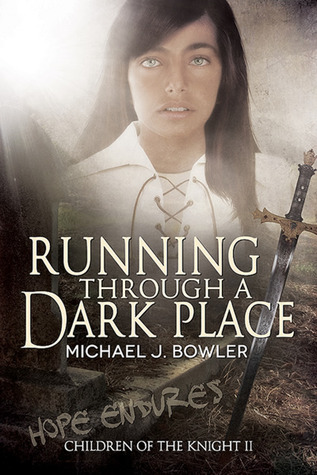Subscribe to Read
Sign up today to enjoy a complimentary trial and begin exploring the world of books! You have the freedom to cancel at your convenience.
Voice of Force
| Title | Voice of Force |
| Writer | |
| Date | 2024-10-11 13:10:10 |
| Type | |
| Link | Listen Read |
Desciption
Sexual difference cuts deep through G. Roger Denson's VOICE OF FORCE, a novel chronicling the escalating estrangement and tragedy that ensue as a gay man and straight man search for mutual ground despite the family, faith, profits, and politics dividing them. Newspaper critic Ragland Hughes is openly gay. Opera tenor Cosimo Fratangelo is famously straight. No one gay or straight says a word as they watch the men's relationship evolve from professional association to loving friendship-so long as both men remain alive and profitable. When the body of one of the men washes ashore off Long Island Sound, convulsive testimony indicts the survivor as the prosecution's lone suspect. The media melee that ensues not only casts unwelcome light on the forces keeping a gay man and a straight man from enjoying friendship, it brands Hughes a predator of heterosexual men and Fratangelo a sociopath driven by ambition. As for the disparate voices having their say in the two men's lives, sexuality is to be defined and judged as something much more than genital union. Part thwarted love story, part cautionary tale, part philosophical rant, VOICE OF FORCE sounds out the deep divide of sexual difference running through even the most liberal of enclaves. With Destiny seen as neither predestined path nor consequence of human choice but the balance of submission and resistance to the history bearing down on us, a simple criminal case is made a microcosm of ancient familial fear. We know a murder has been committed but in the end we're left deciphering what the larger crime is and how long it's been in the making.
Review
G. Roger Denson’s novel Voice of Force is touted to be about men, but there is a lot said in it about women too. Written as a dossier from the Manhattan Prosecution’s office leaked to the public, the contents we gradually find out tell the history of a controversial criminal case. Diary passages and transcripts of prison conversations indicate that a murder has led to the conviction of a man who maintains his innocence despite that, after three years on death row, he faces imminent execution. It seems the guilt of the accused is one that the witnesses, the prosecution, and the jury hold in consensus. All believe the crime is the culmination of a longstanding sexual predation despite that the evidence is largely circumstantial—based on a diary, a short story and an opera libretto written by the accused, and of course the testimony of so-called witnesses—all of which we read directly instead of reading about. Despite all this postmodern artifice (which can sometimes be annoying and mundane), the story is as riveting for the rich characterizations as for what the characters betray about their own sexual misgivings and the misinformation the characters spread. For that matter, by the time you conclude that you’re not reading a murder mystery but an account of the different sources of prejudice that pronounce who is guilty. Refreshingly, we are shown not just the prejudice of one side (as so many novels settle on) but that of all the parties at hand, including the accused. As a result I became absorbed by the quality of the writing and the deeply penetrating and multifaceted psychology of the characters.This is a novel that travels the high road of thoughtful debate the whole way, showing all sides with remarkable clarity yet complexity. In many ways the novel seems to play off Camus’s work as well as that of Dostoyevsky, with all the debate, ambiguity, and ambivalence that marks the best existentialist writing. Yes, sexual difference (between straights and gays, men and women) is central, but the novel burrows deep beneath the specifics of gender, identity, and culture to a source of humanity that is raw nerve and need. The presiding question author Denson seems to be asking is, can anyone, with all his or her cravings, really ever get along with anyone else and all their cravings? By the novel's end, I began to believe that human beings are as consuming as they are consumed. And though we don’t realize it until long after a character’s sexuality has gripped us and perhaps aroused the prejudice that has been slumbering beneath our genteel lives, we learn that the drugs, ambition, greed, and most of all the fear that the various characters have hidden from view are ever more consuming than the sexual desire that stirs the sediments of prejudice up into a tempest.My only regret is that the author didn't abandon his convention of using other genres beside that of the memoir to get his message and philosophy across. Appropriation of everyday media formats is old hat and doesn't hold up nearly as well as the time-tesed format of the conventional novel. Nonetheless, the first section (a memoir) and the last section (transcripts of prison confessions and accusations) are beautifully written, at times even startlingly so.




